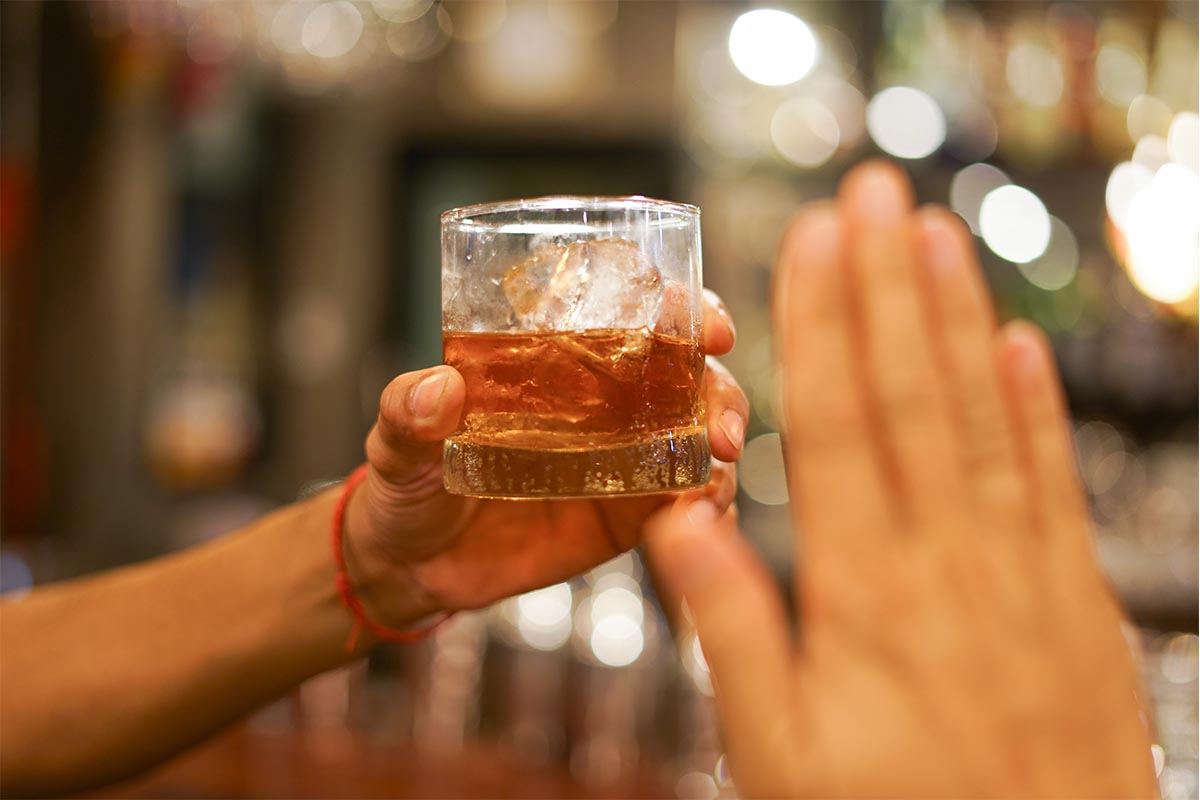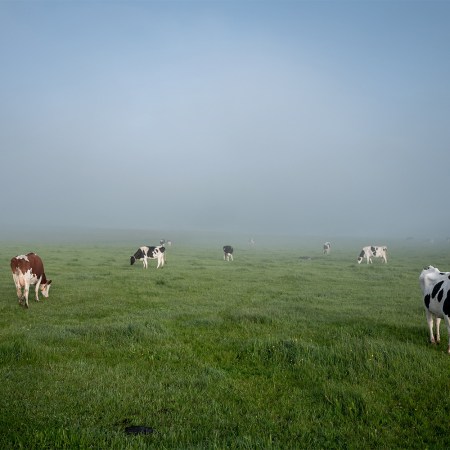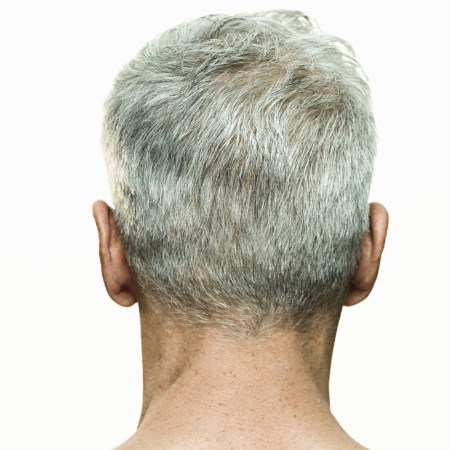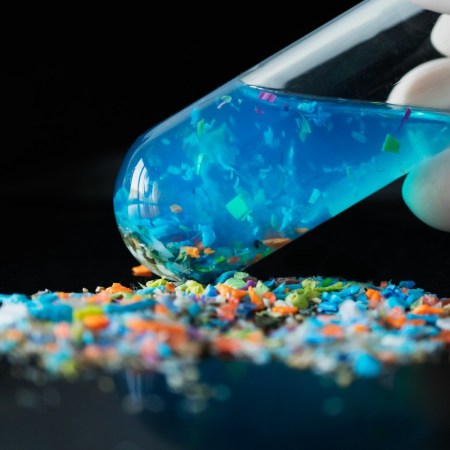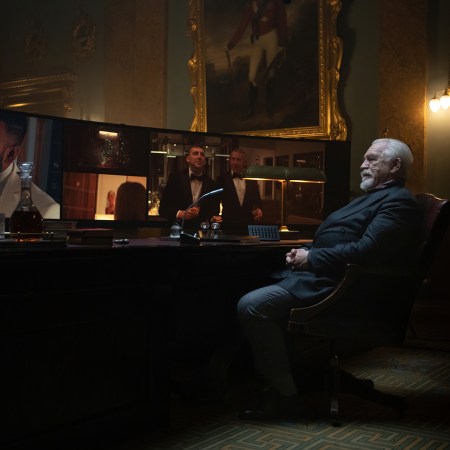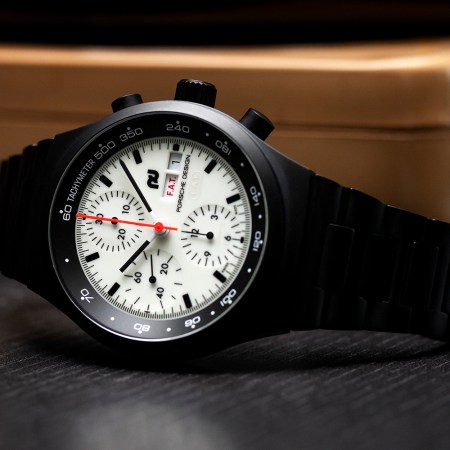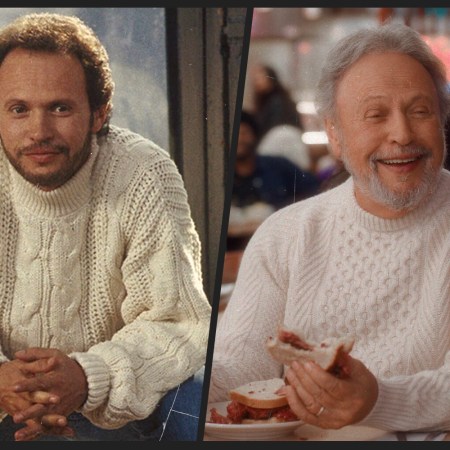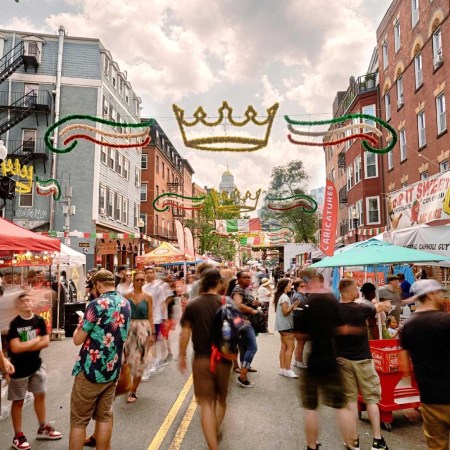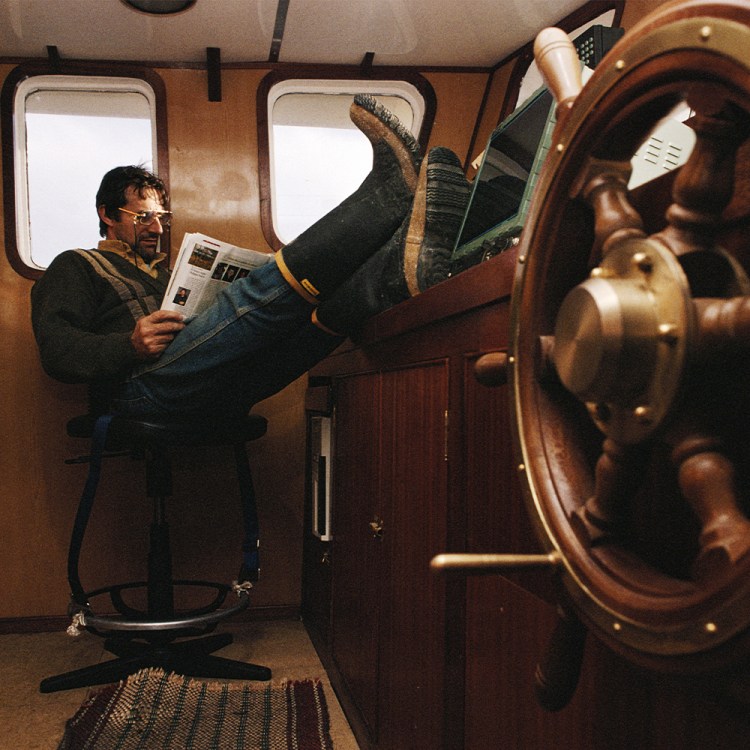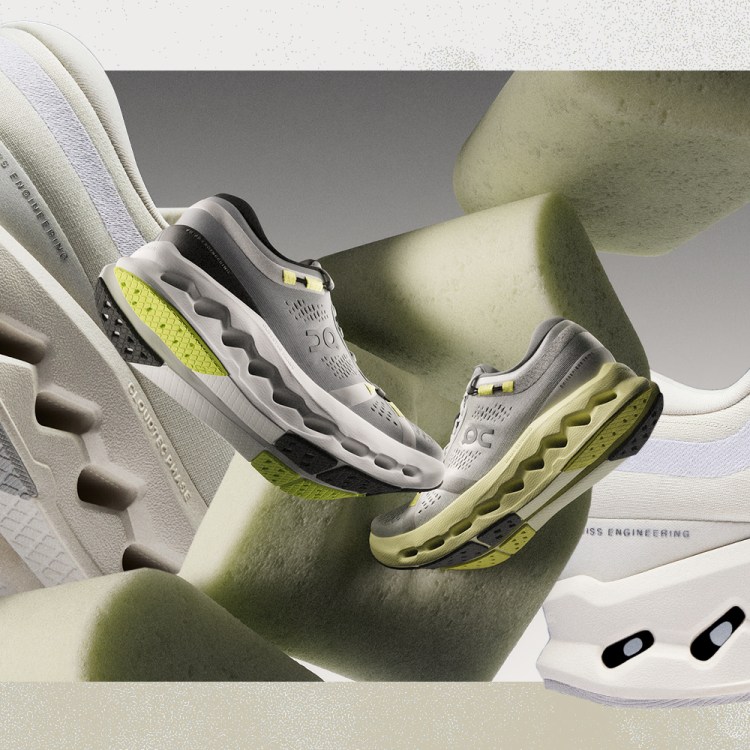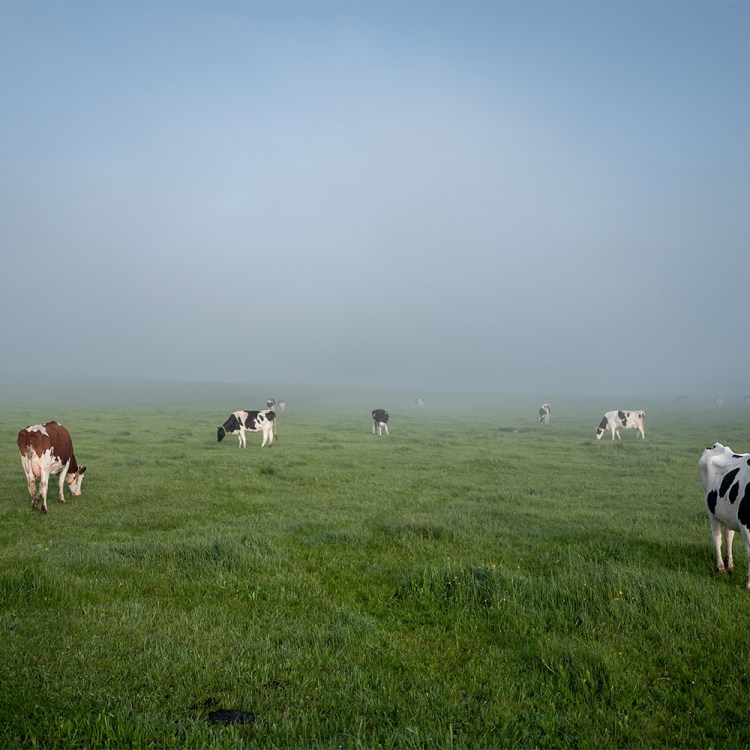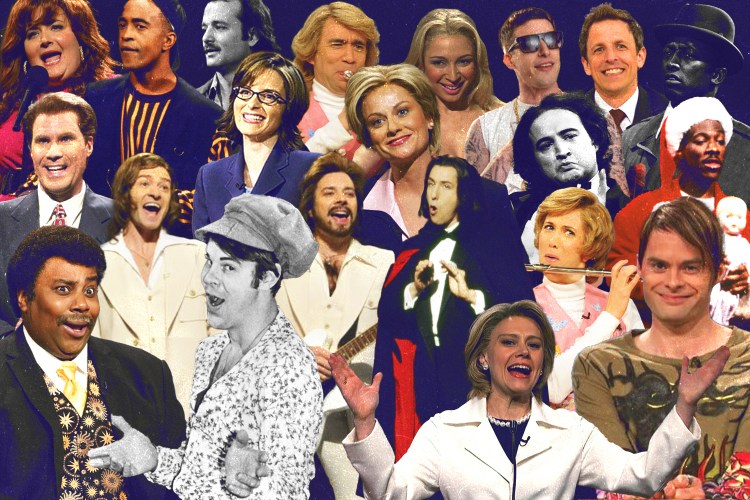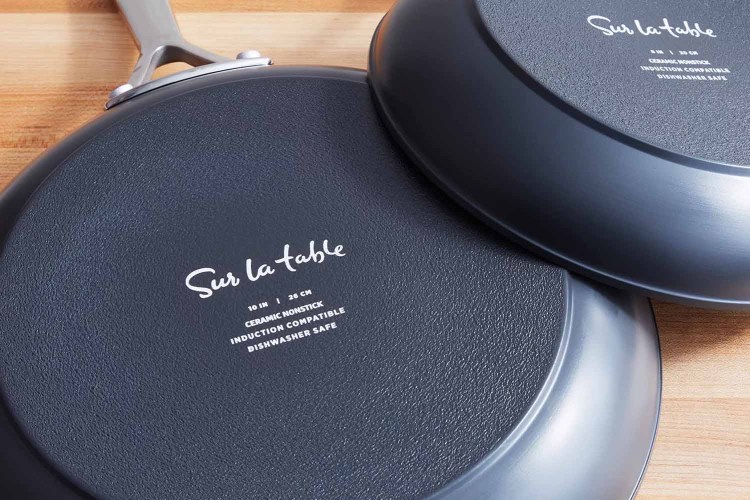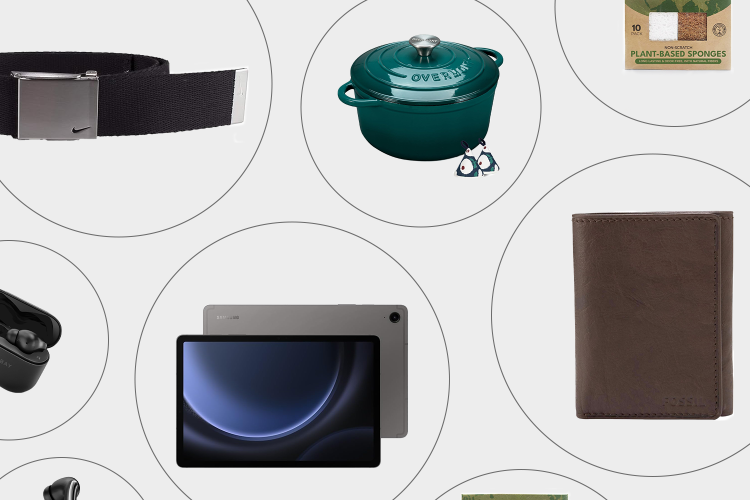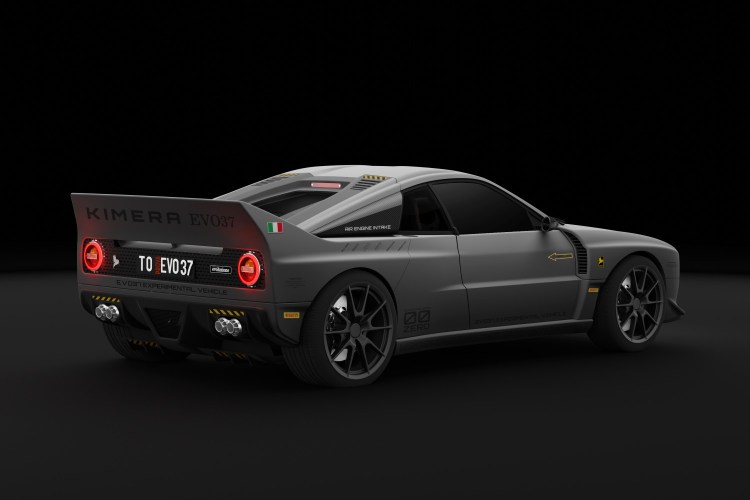Outside of the well-known “glass of red wine might be good for your heart” theory — which is possibly not true — alcohol isn’t considered a part of a healthy lifestyle. We enjoy it, obviously, and recognize its pitfalls.
The more knowledge we have, the more we can moderate and adjust our lifestyles. But as the food site The Counter suggests, less than half of Americans are aware of a well-known and long-researched link between cancer and alcohol consumption.
Reporter Jessica Fu notes that there’s been “a long history of efforts the [alcohol] industry has taken to sow doubt about drinking’s health effects.” She cites a trial run of putting bright yellow warning labels regarding the connection between booze and cancer on bottles at a Canadian liquor store that was quickly halted after aggressive industry pushback. As well, she points out “Big Booze” has funded flattering scientific reports and industry groups have pushed back against moderate drinking guidelines.
Efforts like this might be the reason the link between cancer risk and drinking isn’t widely known to the general population, even after several government studies and public health reports. A 2019 survey showed that only 45% of Americans answered yes to the idea that alcohol is a carcinogen (that said, the percentage was a modest increase from two years prior).
That may change. The Consumer Federation of America filed a petition in October to the Department of the Treasury’s Alcohol and Tobacco Tax and Trade Bureau (TTB) that supports placing a label on alcoholic beverages “warning the public that consumption can cause cancer, including breast and colon cancer.”
While that’s only a first step to larger congressional approval for a national labeling system, it’s an important one. As a study of the Canadian labeling trial suggests, shoppers in that area were more likely to know about alcohol’s cancer risk; as well, total alcohol sales decreased by more than 6% (while unlabeled bottle sales increased by 6.91%).
While industry opposition is inevitable, the above-mentioned Journal of Studies on Alcohol and Drugs report suggests drinkers themselves might embrace the health information: “Those who know alcohol can cause cancer are 1.6 times more likely to support health warning labels relative to those who do not know,” the researchers noted.
Join America's Fastest Growing Spirits Newsletter THE SPILL. Unlock all the reviews, recipes and revelry — and get 15% off award-winning La Tierra de Acre Mezcal.
